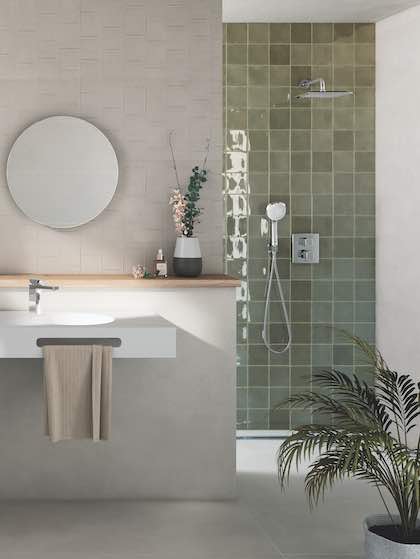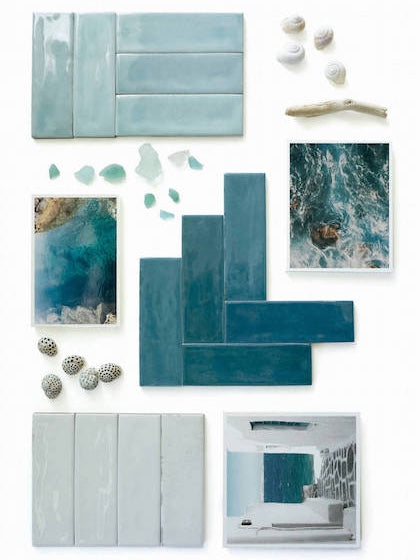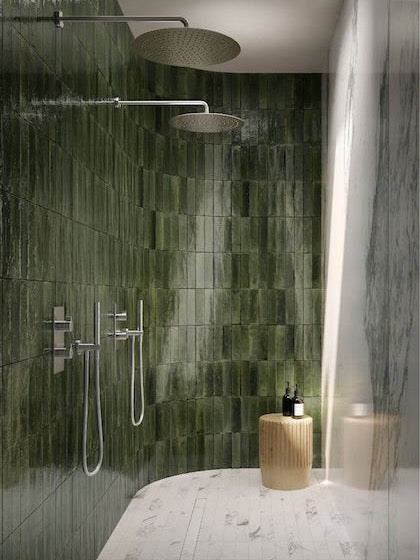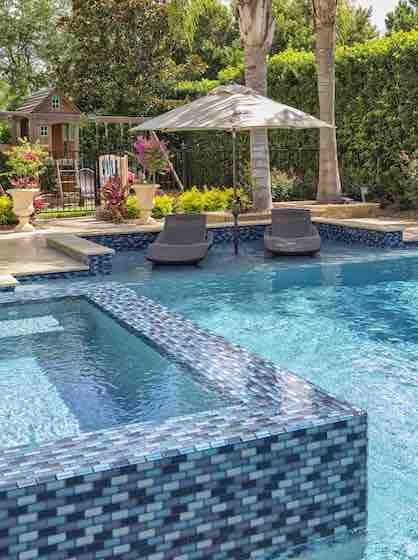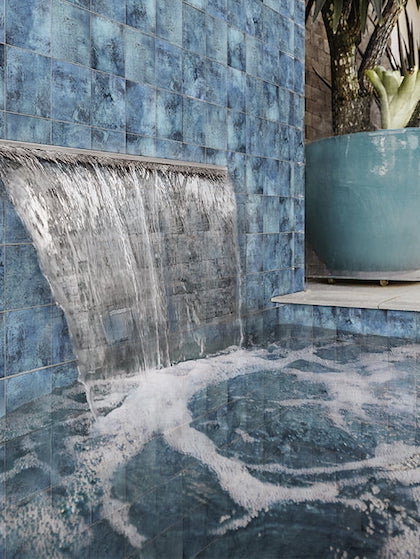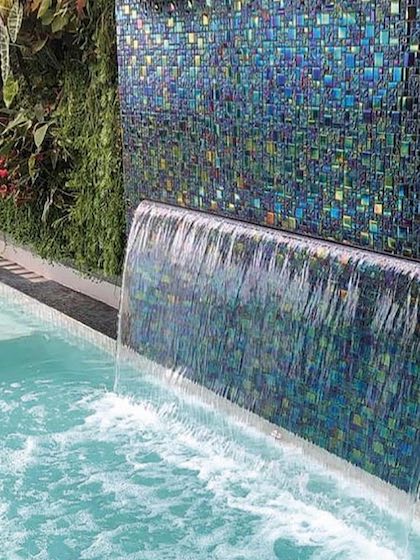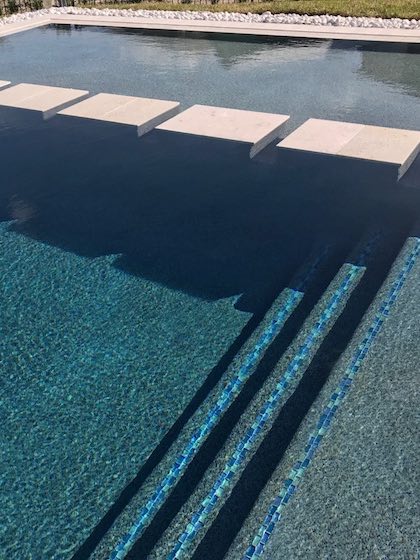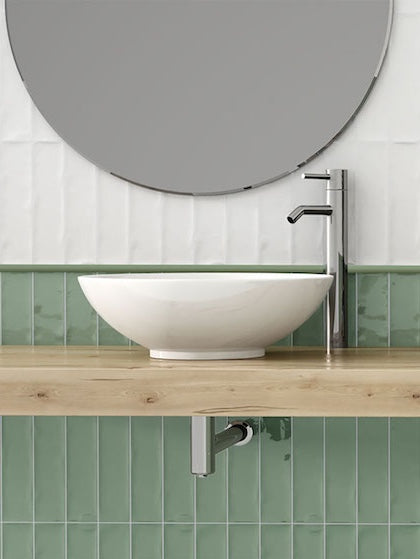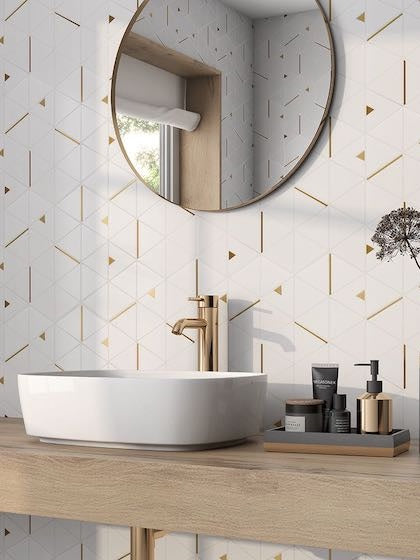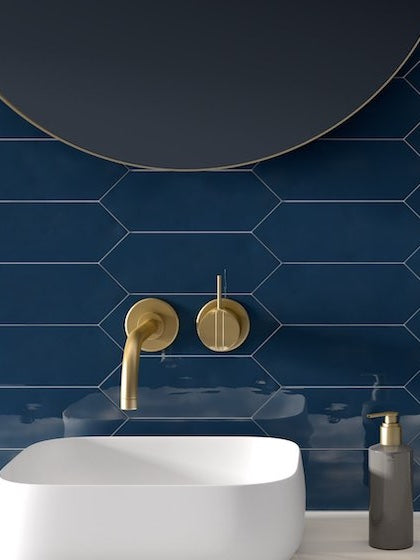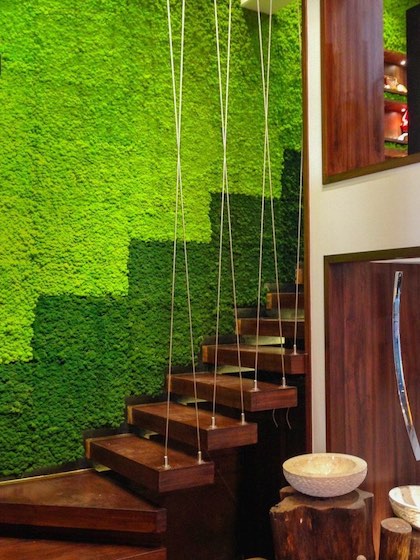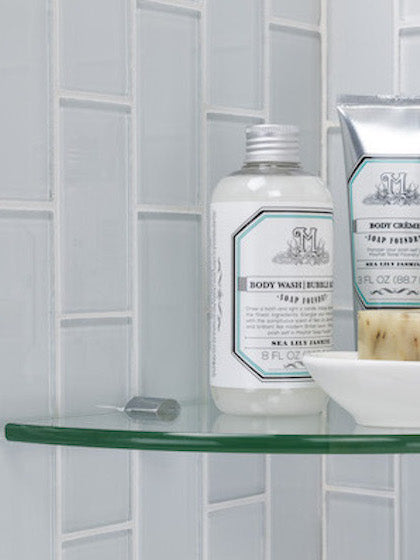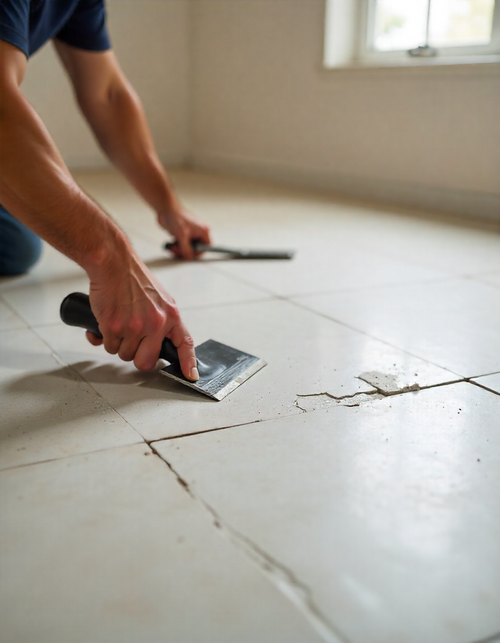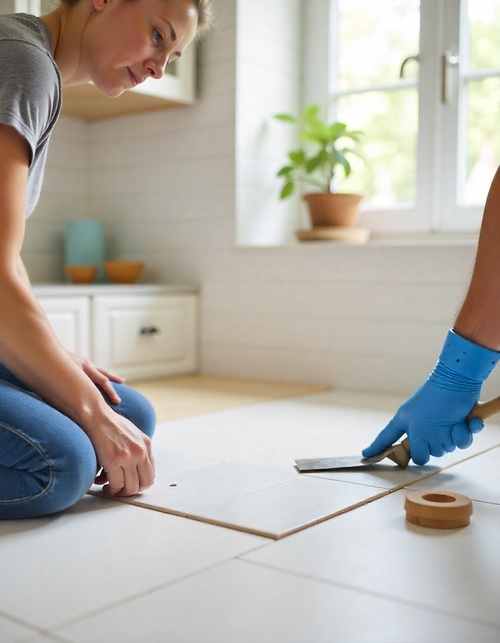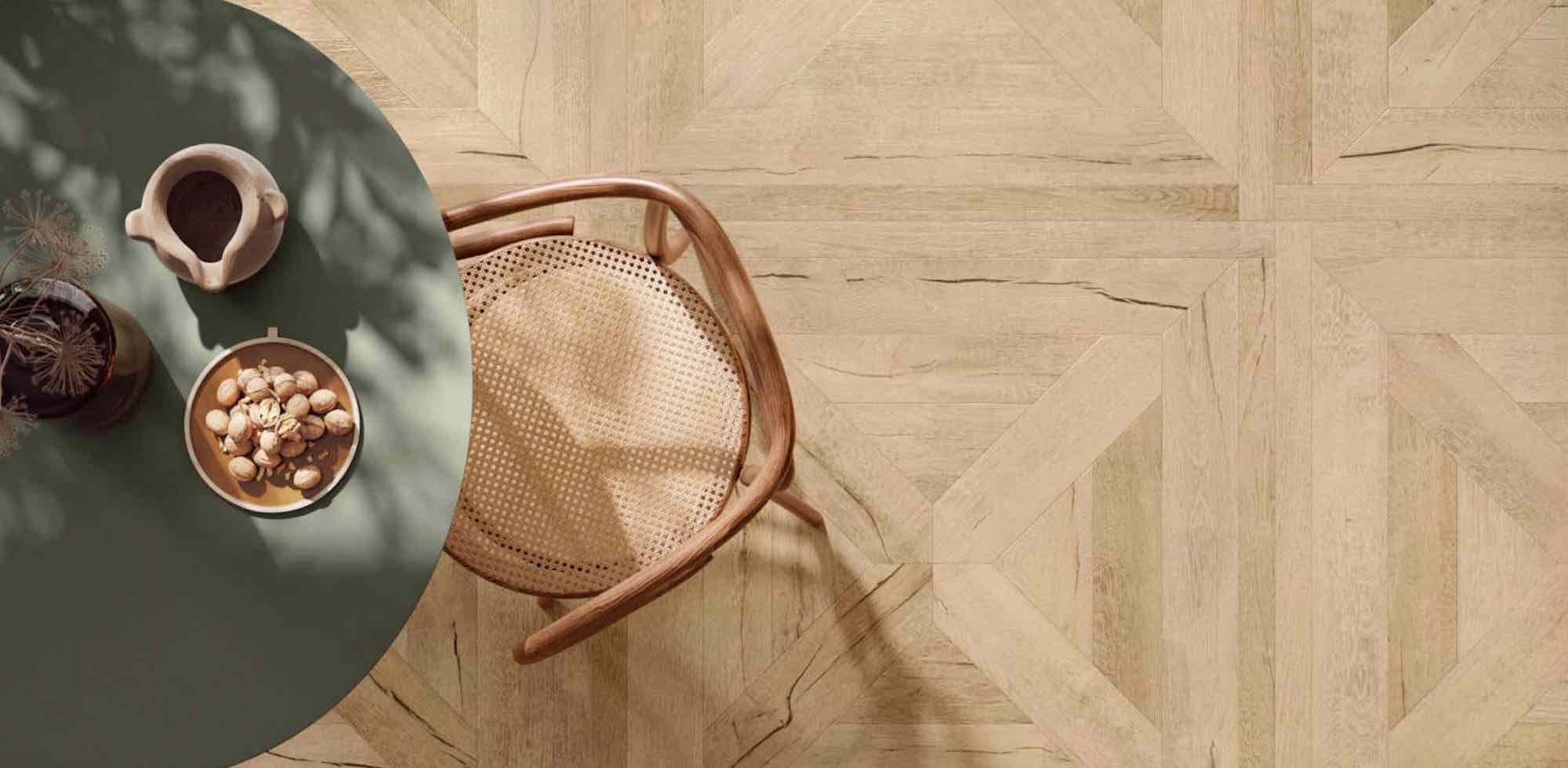Key Highlights
- Hexagon tiles deliver high visual impact and geometric versatility—pair with squares, rectangles, chevron, mosaics, or diamonds to create focal zones and contemporary patterns.
- Use deliberate transition zones (mosaic fills, narrow bands, or gradual gradients) plus a consistent grout strategy to blend different shapes while preserving visual flow.
- Mitigate risk and maximize ROI by prototyping layouts, specifying proper materials/adhesives, and partnering with reputable suppliers (like MineralTiles) and skilled tilers for professional installation.
Why Hexagon Tiles Are a Design Favorite
The hexagon shape is inherently geometric, lending itself beautifully to geometric tile design aesthetics. Their six sides create honeycomb-like layouts that feel organic yet structured.
- The hexagon shape is inherently geometric, lending itself beautifully to geometric tile design aesthetics.
- Its six-sided form naturally creates honeycomb-like layouts that feel both organic and structured.
- Hexagon tiles have made a strong comeback in modern interiors—whether minimalist or bold.
- They look especially striking when paired with contrasting designs such as Patterned Tile Heritage 8×8 and Patterned Porcelain Tile Ornament 8×8 from MineralTiles, which add rich texture and depth to contemporary spaces.
In short, hexagon tiles offer that sweet spot between order and surprise. Use them by themselves—or mix them strategically with other shapes to craft sophisticated layouts.
Shapes That Pair Beautifully with Hexagon Tiles
Hexagon + Subway / Rectangle

Classic and balanced. Use hexagon tiles as feature zones or accents, then transition into rectangular subway tiles like the Magnolia Distressed Subway Tile Blue 2.5×9.5 or the City Porcelain Distressed Subway Tile Collection from MineralTiles. The straight subway lines contrast nicely with the soft, angular edges of hexagons, creating a perfect balance of structure and flair.
Hexagon + Square

Squares are the “safe partner.” Use square tiles as a base field, then add hexagon inserts, frames, or medallions. The Patterned Tile Heritage 8×8 is a standout example that adds rhythmic geometry without visual chaos.
Hexagon + Chevron / Herringbone

For bold directional flow, pair hexagon tiles with chevron or herringbone shapes. Consider surrounding your hexagons with elongated porcelain planks for a striking statement wall.
Hexagon + Mosaic / Small Tiles

Add intricacy by using mosaic insets. Try the Vintage Ceramic Mosaic Tile Jean 12×12 — a textured, vintage-style mosaic that blends perfectly into modern hexagonal layouts. It works beautifully in backsplashes and wet zones to weave gradients, color motifs, or subtle pattern shifts.
Hexagon + Diamond / Rhombus

These angular companions can introduce starburst or geometric motifs. Use the Patterned Porcelain Tile Ornament 8×8 to create these tessellations with premium, European flair.
Design Ideas & Layout Inspirations
Here are curated concepts you can adapt for different spaces:
Feature Wall with Shape Transition
Have a focal wall (e.g., behind a bathtub or stove) entirely in hexagon tiles, then let it transition into rectangular or square tiles on adjacent walls. Use a “blend zone” where hexagons gradually give way to other shapes. This gives an organic handoff rather than a harsh border.
Hexagon Floor Border or Inlay
Lay square or rectangular flooring as the base, then inset a narrow border or band of hexagon tiles around the room perimeter. This subtly lifts the design without overtaking.
Accent Strips & Bands
Insert thin bands or stripes of hexagon tiles across or through a field of square tiles. These can serve as visual breaks, focal lines, or decorative accents.
Gradient & Ombre Patterns
Use hexagon tiles of varying shades to create a gradient effect. Then, at the fade boundary, mix in smaller shapes (e.g., tiny squares or triangles) to smooth the transition.
Star or Geo Motifs
Combine large hexagon tiles with diamond or rhombus shapes to form starburst or medallion patterns. Some tile brands already carry hybrid patterns like “Geo-Star,” where they merge medium diamonds and large hexagons.
Kitchen / Bathroom Backsplash
Use hexagon tiles behind stovetops or vanities as a statement. Surround them with rectangular subway tiles or matching squares to balance focal drama with practical coverage. If you’re thinking of full back- and side-wall inspiration, see our post on Stunning Ideas for Patterned Kitchen Tiles, which features several kitchen-back-splash & hexagon wall tile ideas.
See How Different Tile Shapes Transform Your Space
Pro Tips for Seamless Installation
To make your mixed-shape design work in reality, follow these tips:
-
Align grout lines thoughtfully: Make the grout width consistent or use transitional bands to hide mismatches.
-
Use color contrast smartly: A slight grout contrast can accentuate edges; a matching grout tone can subtly unify shapes.
-
Employ transition zones: Use smaller fill tiles or mosaics as buffers when shifting shapes.
-
Mock up before full install: Lay out a small patch to test how hexagon meets square or chevron in real life (tile manufacturers often provide sample kits).
-
Hire a skilled tiler: Mixed shapes require more planning, cutting, and precision.
-
Choose adhesive and substrate carefully: Some shapes impose different stresses; always use proper thinset or mortar, especially for wall and floor intersections.
-
Mind visual flow: The eye prefers rhythm—don’t cluster too much shape-contrast in one area unless you want a dramatic focal point.
Conclusion
Designing with hexagon tiles opens a world of creative possibilities—especially when you mix them with squares, chevron, mosaics, or diamonds.
Enhance your design with durable and stylish picks like the Vintage Ceramic Mosaic Tile Jean, Magnolia Distressed Subway Tile, and Patterned Porcelain Tile Ornament from MineralTiles.
Looking for Creative Tile Combinations?
Refresh your walls or floors with bold shapes and timeless finishes that blend artistry with function. Each design tells a story of craftsmanship and style.

